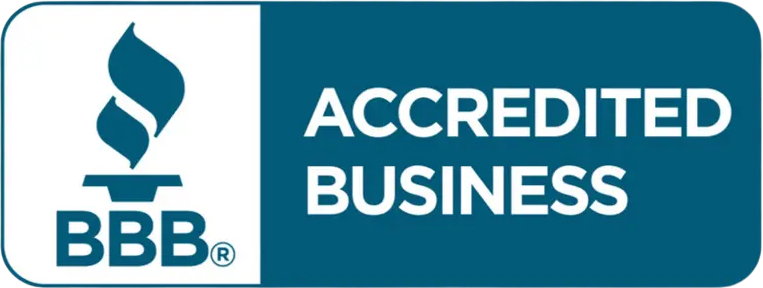Understanding Your Tax Filing Requirements

Often, tax payer run into tax debt issues because they don’t understand filing requirements or how a lack of compliance could prove to be costly due to penalties and interest added to existing liabilities. The worst thing a tax payer can do is ignore the obligation to file. The IRS has ways of finding out exactly what you earned during a tax year. In addition, without giving consideration to possible credits and deductions you may qualify for; the IRS has authorization to file substitute returns on your behalf and pursue any outstanding tax liability resulting from the filing process.
Taxpayers who earn an income that equals or exceeds pre-determined threshold amount(s) are required to file a tax return. The threshold amounts are adjusted annually for inflation. For the year ending December 31, 2016, based on filing status, every taxpayer who earned amounts exceeding the following must file a tax return.
- Head-of-Household – $13,250 (if 65 or older or blind – $14,500)
- Single – $9,275 (if blind or 65 or older – $10,825)
- Married filing separate – if neither spouse itemizes, a return must be filed if gross income equals or exceeds $4,050, regardless of age.
- Married filing jointly – $18,500 (if one spouse is blind or 65 or older-$19,750; if both spouses are blind or 65 or older – $22,250
- Surviving spouse – $18,550 (if 65 or older or blind – $19,800)
- Dependents – every individual who may be claimed as a dependent of another must file a return for 2016 if he has either (x) unearned income in excess of $1,050 (plus any additional standard deduction if the individual is blind or 65 or older) or (y) total gross income that exceeds the sum of any additional standard deduction if the individual is blind or 65 or older plus the greater of (a) $1,050 or (b) the lesser of (i) $350 plus earned income, or (ii) $6,300 (IRS Secs. 6012(a), 63(c), 151;IR-2015-119).
Tax payers who qualify for additional deduction for blindness may be required to submit additional documentation to substantiate their entitlement to the additional standard deduction. Also, a tax payer with self-employment income must file a return if net self-employment income is $400.00 dollars or more. Anyone who worked and was subject to wage withholdings, but did not meet the above thresholds may choose to file a return if by doing so entitles them to a refund or other tax benefit. Please be mindful of the fact that even though you may not be required to file you would be required to file all back returns if you incur a tax debt that requires assistance (e.g. installment agreement, offer-in-compromise, etc.). So, it may be in your best interest to file every year that you have income or qualify for certain tax credits.













